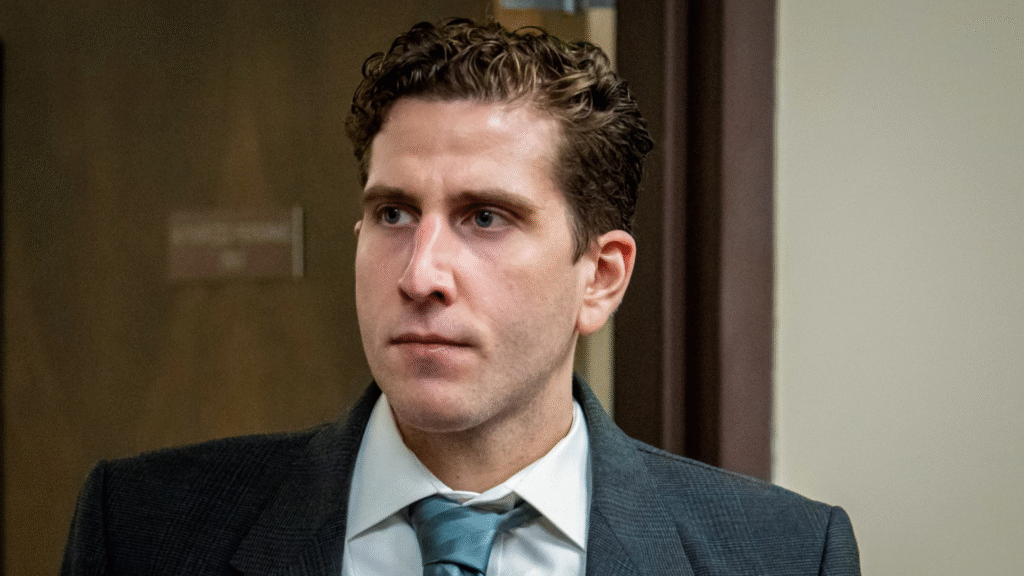
Bryan Kohberger, the man accused of brutally murdering four University of Idaho students in a cold-blooded home invasion, has accepted a plea deal that will spare him the death penalty, according to Fox News.
The 30-year-old suspect, once a Ph.D. student in criminology at Washington State University, just 10 miles from the crime scene in Moscow, Idaho, will now plead guilty to the horrifying November 13, 2022, slayings of Madison Mogen, 21, Kaylee Goncalves, 21, Xana Kernodle, 20, and Ethan Chapin, 20.
The victims, all promising young students, were savagely stabbed to death in the early morning hours as they slept or tried to flee. According to investigators, Kohberger left behind a critical piece of evidence—a Ka-Bar knife sheath allegedly bearing his DNA—found next to Mogen’s body. That DNA find helped crack open the case and turned the focus to a man who, ironically, was studying the minds of criminals.
Kohberger’s plea deal marks a stunning development in a case that shook the nation and exposed major concerns about safety on college campuses. While some are relieved that families may soon find closure, others are enraged that such a brutal killer may escape the ultimate punishment.
“This was a deliberate, targeted massacre of innocent young Americans,” one law enforcement official said anonymously. “And now he gets to live while his victims are six feet under? It’s outrageous.”

The plea deal also spares prosecutors from a lengthy and emotionally draining trial, which would have drawn media attention from around the globe. Legal analysts say the mountain of forensic evidence, including cell phone tracking, surveillance footage, and the infamous knife sheath, left the defense team with few options.
“This case was airtight,” said a former federal prosecutor. “The only play left was to trade a guilty plea for his life. Frankly, he’s lucky prosecutors agreed.”
Kohberger had initially pleaded not guilty and attempted to delay proceedings by challenging the evidence. In fact, he recently returned to court demanding the suppression of key findings—including the DNA match and digital footprints—but this latest move indicates those legal maneuvers were dead ends.
The victims’ families, many of whom have endured nearly two years of anguish and uncertainty, have yet to publicly respond to the plea deal. But it’s likely to stir fierce debate over whether justice was truly served. Some have already called the decision a “slap in the face” to the families and a “gift” to a remorseless killer.
“This is what happens when you have a justice system more focused on procedure than punishment,” said one host on a popular right-wing podcast. “He planned it, executed it, and now he gets to rot in a prison cell for decades, on the taxpayer’s dime.”
This is a breaking story and will be updated as more information becomes available.

